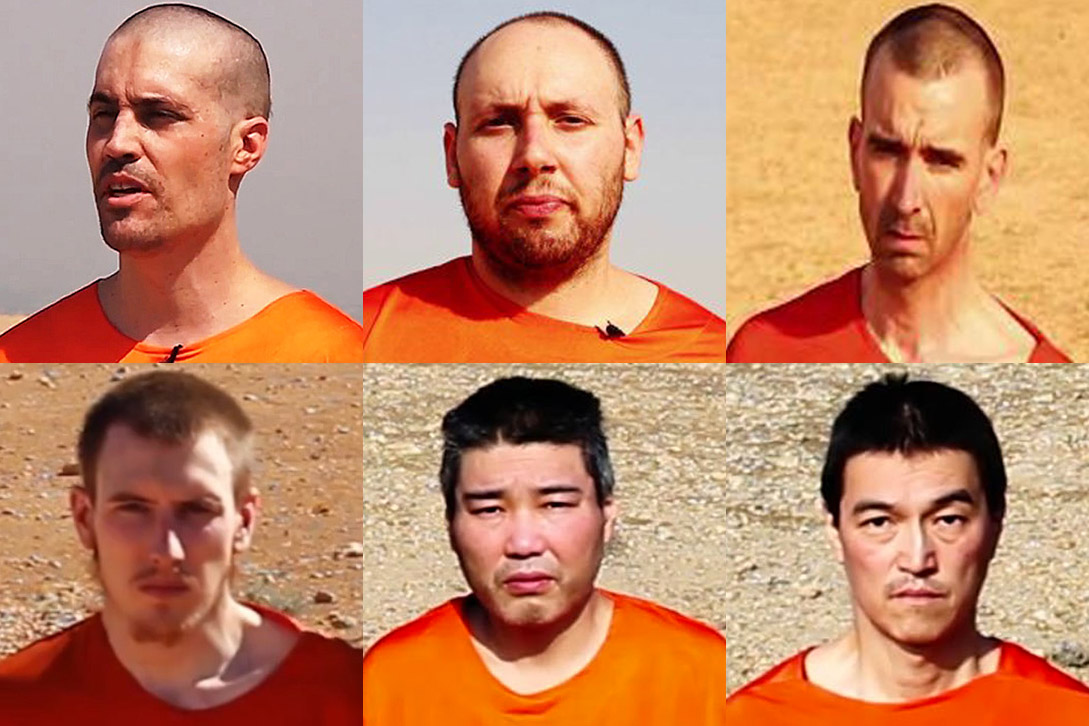La haine est un sentiment fatiguant.
Hate is a tiring feeling.
Éric Delcroix
In the harebrained first Crimean War and subsequent Russo-Turkish War of 1877-78, Britain’s history is full of examples of citizens being easily led into fevered nationalism over distant international affairs that don’t concern our lives.

Anti-Russian hysteria and fanatical obsessions with confronting Russia in its own historic heartlands are not new. In fact the word “jingoism” was created just to describe this condition.
Probably no regime has sacrificed more of its soldiers towards distant and irrelevant conflicts than the English Crown and its instruments – extending all the way back to the Crusades. The British Empire continued the folly of that tradition, using its “balance of power” theory as a reason to attack any other power, no matter how distant or utterly irrelevant to Britain’s own security, and come to the aid of states that are of no strategic importance to Britain, simply because of an impulsive desire to create “just wars” or the conditions to sell weapons and rally larger armies than our small island could possibly need.
The word “jingoism” itself was invented to refer to a specifically British kind of madness, although it sometimes also manifests in Americans. Interestingly, jingoism referred to something that was first expressed in the Russo-Turkish War of 1877-78 in the following poem:
We don’t want to fight but by Jingo if we do
We’ve got the ships, we’ve got the men, we’ve got the money too
We’ve fought the Bear before, and while we’re Britons true
The Russians shall not have Constantinople.
The British press, including even the supposedly liberal Guardian, are singing this crazy tune now, trying to convince British readers that they should care about a conflict utterly distant and irrelevant, and undeserving of even a small opinion being rendered on it. Too bad we all have such short attention spans and will be telling them to shut up long before we get as involved as we did in the Crimean War and other previous adventures to deter Russian designs on Crimea and the Black Sea area.
By referring to this sentiment, jingoism by definition refers to a British desire to get involved in ambitious, adventurous overseas conflicts to contain the military activity of other countries. Specifically, Russia is the example of the exact kind of distant country that only the craziest and most irrational form of nationalism could possibly drive Britain to oppose. It is a case of marching to war in an irrelevant conflict, with a distant adversary, in a region we don’t understand, to boss another country around in its own backyard.
Jingoism also carried with it the connotation of futility and failure. Britain’s prior involvements in wars in the Ukraine region always resulted in failure. The problem is that, while the government and the press can whip citizens up into fevered nationalism over a distant affair – what we understand as the folly of jingoism – it is very difficult to maintain such interest.
One might accuse Putin’s Russia of jingoism. Certainly, Russia has its fair share of irrational nationalists. But the Russians and the pro-Russian rebels in Donbass aren’t bothering with a distant or irrelevant conflict, but a conflict in their very neighborhood. Jingoism doesn’t refer to people being concerned by violent events very proximate to them, but to propaganda trying to get people to care about very, very distant foreign conflicts on faraway continents and an irrational argument to get involved in them despite their irrelevance. In that sense, Russian propaganda over Ukraine isn’t jingoism, but British and American propaganda is jingoism in the extreme.
Eventually, the British public will come to realize that we just aren’t as interested in Ukraine’s future as Russia and some of the other regional players in the conflict are. In the end, the people who actually have a stake in the events in Ukraine are the ones who are going to fight it out tenaciously. This judgment stands even though Britain can proudly boast of having superior soldiers to Russia. No argument about patriotism, national honor, or the balance of power can convince the public that it is worth getting British soldiers killed on a distant and irrelevant battlefield on Russia’s doorstep, in the name of forces that have nothing to do with us and not the slightest understanding of who or what we are about.
Jingoism referred to a crazed, warlike adventurism in distant lands that don’t concern us, pursued because of a press intent on war for the sake of national strength and honor. This is the Twenty-First Century and it is time for Britain to start acting on that. Our strength is irrelevant, our honor archaic. Our apparent need to get involved in “helping” Ukraine by sending advisers or armaments says more about British imperialist revisionism than that of our Russian counterparts. Like our clinging to the Malvinas and Gibraltar, it is part of our stubborn refusal to dissolve the British Empire despite it formally coming to an end.
Perhaps, as I have speculated before, some magnates somewhere want to keep the British Empire – and its jingoism – perfectly alive in suspended animation as a backup plan in case the American Empire turns out to be less sturdy than it claims to be. There is no other explanation for all the strategic military bases Britain continues to hold at various key locations around the globe – inactive as they may be – and continues to adamantly defend its legal claims on.


